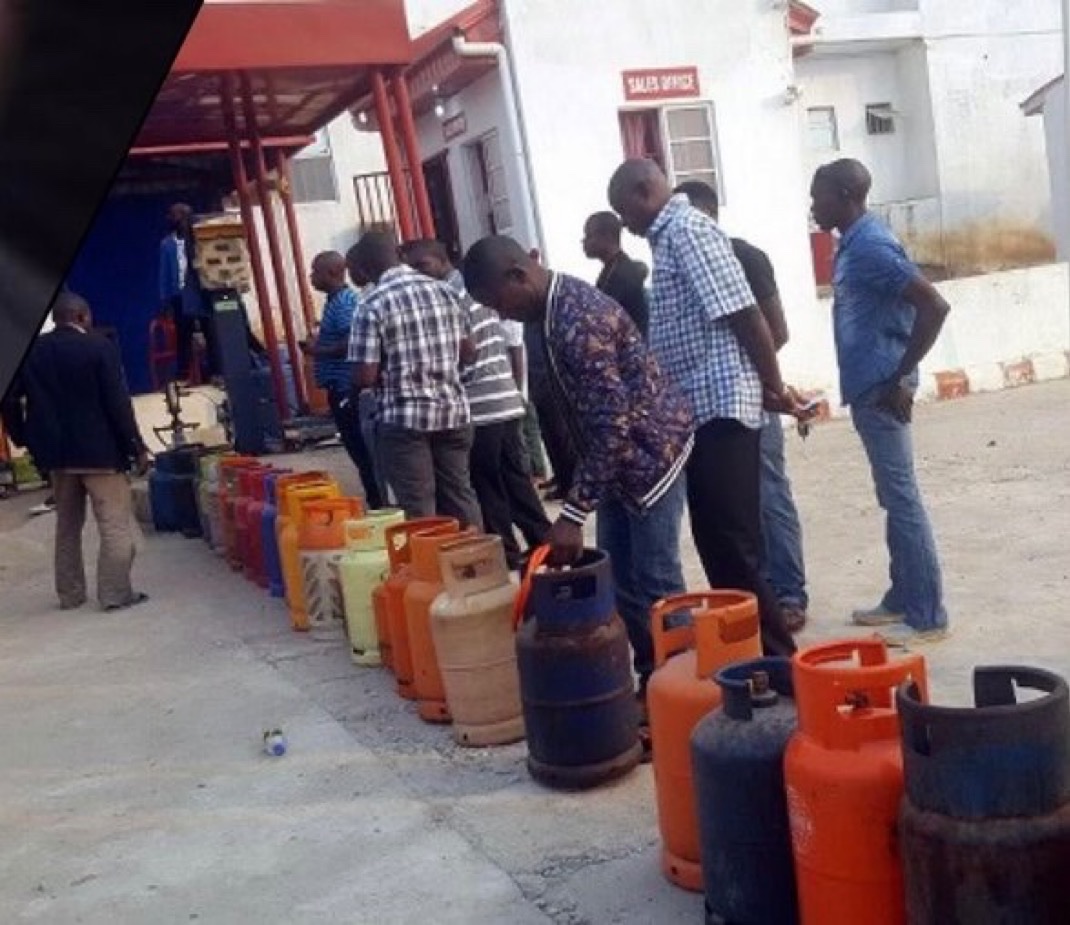In a firm yet measured statement, the Chairperson of the African Union Commission (AUC), Mahamoud Ali Youssouf, has declared that there is no genocide taking place in northern Nigeria, despite escalating violence and mounting international concern over the humanitarian crisis in the region.
Speaking during a press conference in New York, Youssouf urged the international community and global media to approach the situation with “clarity, caution, and responsibility,” stressing that while the violence in Nigeria’s north is deeply troubling, it does not meet the legal or factual definition of genocide.
AU Chief Counters Global Speculation
Over recent months, several international commentators — including some Western political figures — have described the persistent killings and insurgencies in northern Nigeria as a form of religious genocide. However, Youssouf challenged this characterization, explaining that the nature of the conflict is far more complex.
“There is no genocide in northern Nigeria,” he said. “The situation is serious, yes, but it should push us to think twice before making such statements. The first victims of the insurgency are Muslims themselves.”
His statement directly responds to recent claims made by former U.S. President Donald Trump, who alleged that Christians were being “slaughtered” in Nigeria and faced an “existential threat.” Youssouf’s remarks suggest that the African Union wants to set the record straight on what it views as mischaracterizations of the crisis.
Understanding the Nigerian Context
Nigeria, Africa’s most populous nation with an estimated 230 million citizens, is sharply divided between a Muslim-majority north and a Christian-majority south. Over the past decade, the country’s northern region has become an epicenter of violence driven by extremist insurgencies such as Boko Haram and its offshoot, the Islamic State West Africa Province (ISWAP).
These insurgent groups have waged a brutal campaign that has claimed more than 40,000 lives and displaced over two million people, according to humanitarian reports. Entire villages have been destroyed, schools burned, and communities forced to flee — creating one of Africa’s largest internal displacement crises.
Yet, despite the scale of suffering, analysts note that both Muslims and Christians have been victims of the ongoing attacks. Extremists have targeted mosques, churches, markets, and government facilities indiscriminately — a pattern that complicates attempts to label the crisis as one of genocide.
What Defines Genocide — and Why It Matters
In international law, genocide is defined as an act committed with the intent to destroy, in whole or in part, a national, ethnic, racial, or religious group. Declaring genocide is not merely symbolic — it carries weighty political and legal consequences, including obligations for foreign intervention, prosecution, and reparations.
By rejecting the term “genocide,” the African Union appears to be discouraging premature international conclusions that could escalate tensions or invite external military involvement. Instead, Youssouf’s message calls for a more nuanced, evidence-based approach focused on peacebuilding, regional cooperation, and counterterrorism.
Balancing Narratives: Religion, Politics, and Security
The crisis in northern Nigeria cannot be viewed through a single lens. While religion plays a visible role in public narratives, experts argue that the conflict is also fueled by poverty, corruption, inequality, and weak governance.
Decades of underdevelopment in northern states, coupled with climate change pressures on agriculture and livelihoods, have made the region fertile ground for extremist recruitment.
Moreover, political manipulation of ethnic and religious divides has deepened mistrust between communities, complicating peace efforts. The AU’s position — that the crisis is not genocidal — underscores the need to treat Nigeria’s instability as a multidimensional problem, rather than a one-sided religious war.
Nigeria’s Response and the Road Ahead
The Nigerian government has welcomed the African Union’s assessment, viewing it as validation of its own narrative that the conflict is primarily a security and terrorism challenge rather than ethnic cleansing.
However, many local advocacy groups insist that more must be done to protect civilians, ensure accountability, and support displaced families.
Humanitarian organizations continue to call for stronger coordination between Nigeria, its neighbors in the Lake Chad Basin, and international partners to dismantle terrorist networks and address the root causes of radicalization.
Youssouf, for his part, emphasized that the African Union will continue to support Nigeria through diplomatic engagement, peacebuilding programs, and regional counterterrorism initiatives.
Global Implications
The AU chief’s statement carries significant geopolitical weight. Labeling a conflict as genocide can trigger calls for foreign intervention, sanctions, or international criminal investigations — outcomes that African leaders often seek to handle through continental mechanisms rather than external interference.
Observers see Youssouf’s remarks as part of the AU’s broader push to assert African solutions to African problems, ensuring that local contexts are properly understood before global powers define them.



